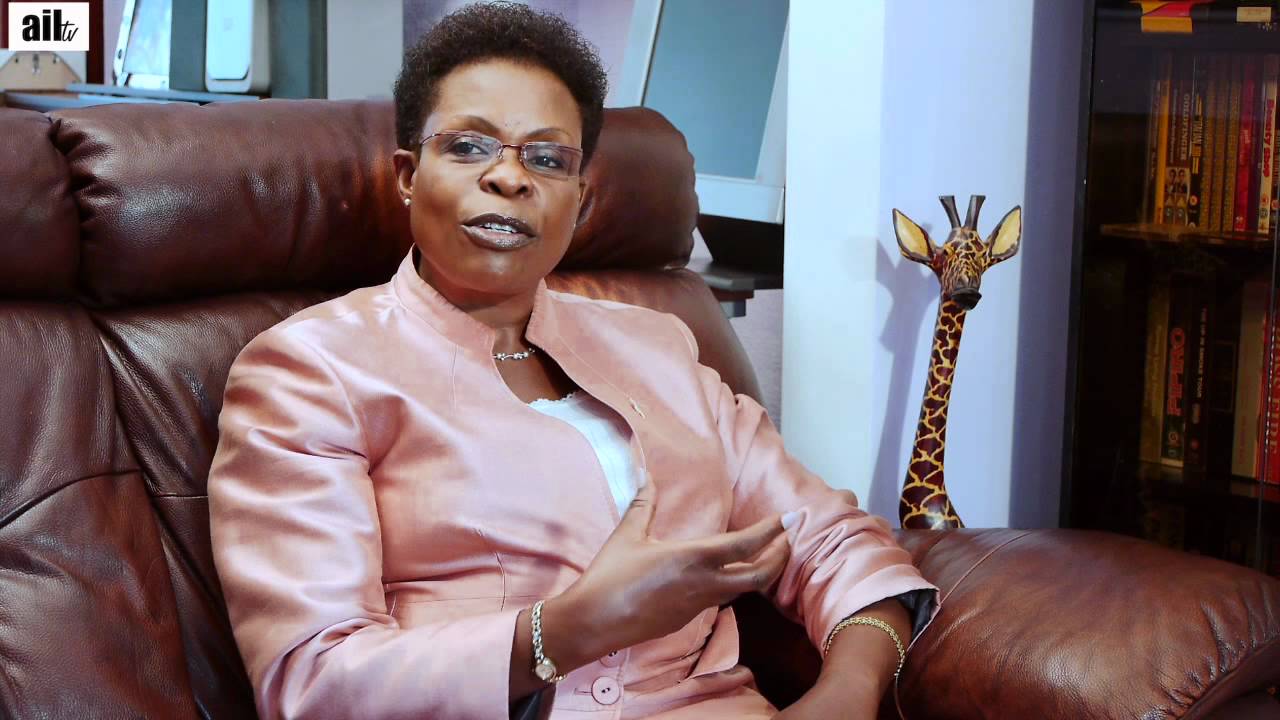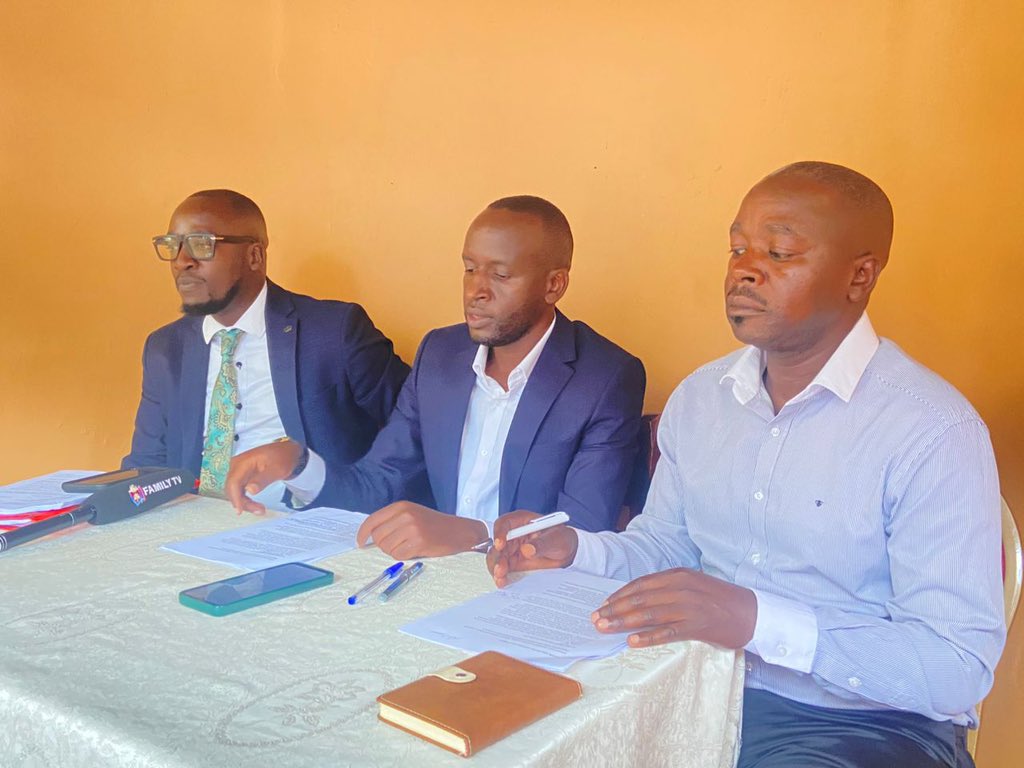The Inspector General of Government (IGG), Ms. Beti Kamya, has brought attention to a purported culture of corruption within the government, implicating officials from the Finance Ministry and Parliament. She highlighted these concerns during a closed-door meeting held with regulatory bodies at her office in Kampala.
Ms. Kamya refrained from naming individuals or citing specific cases but stressed the pervasive nature of graft in government projects, particularly in the allocation of lucrative public infrastructure contracts. She emphasized a pattern of corruption extending from ministry officials to Parliament, where budgetary allocations for public works are determined.
Representatives from various regulatory bodies, including the Uganda Institute of Engineers, Uganda Building Review Board, and the Public Procurement and Disposal of Public Assets Authority, attended the meeting. Discussions revolved around the significant financial losses attributed to corruption, which occur even before contractors commence work on projects.
According to Ms. Kamya, revelations from the meeting indicated extensive corruption originating at the Ministry of Finance. She asserted that funds allocated for projects often undergo embezzlement and kickbacks along the approval process, resulting in inflated costs and compromised quality of work. Contractors, in turn, are left to contend with inadequate budgets to fulfill project requirements.
Ms. Kamya urged contractors to report any instances of corruption promptly to facilitate investigation, prosecution, and the removal of implicated officials. She stressed the importance of preserving taxpayers’ money from wastage due to fraudulent practices.
Responses and Denials
In response to allegations implicating Finance Ministry officials, the ministry’s spokesperson, Mr. Jim Mugunga, dismissed the claims as “baseless.” He reiterated the ministry’s commitment to a zero-tolerance policy on corruption and encouraged individuals with complaints to engage directly with senior ministry officials for resolution.
Meanwhile, Parliament’s director for communication and public affairs, Mr. Chris Obore, addressed suggestions of collusion between MPs and Finance Ministry officials. He urged the engineering fraternity to report suspected offenders rather than relying on Parliament as a shield. Mr. Obore emphasized that government projects are primarily planned at the ministry level, distancing Parliament from direct involvement in corruption allegations.
Speaking from the perspective of the House Public Accounts Committee, Butambala MP, Mr. Muhammad Muwanga Kivumbi, refrained from directly addressing allegations against fellow legislators. However, he acknowledged systemic issues within the procurement process, attributing corruption to the processing and approval of loans, as well as contractor selection.
Mr. Kivumbi also held contractors accountable for perpetuating corruption, questioning their willingness to accept projects with insufficient funding. He argued that contractors are complicit in bribery schemes, facilitated by intermediaries known as ‘brokers,’ who aid in securing contracts through illicit means.
The executive director of the Anti-Corruption Coalition Uganda, Mr. Marlon Agaba, echoed concerns over corruption within the procurement system. He cited contractors’ admissions of paying substantial bribes to secure contracts, highlighting the prevalence of corrupt practices facilitated by intermediaries.
In conclusion, the allegations of corruption involving Finance Ministry officials and parliamentarians underscore systemic challenges within Uganda’s governance framework. Efforts to combat corruption must involve transparent accountability mechanisms and the active participation of stakeholders to uphold integrity in public procurement processes.
| Allegations Raised by IGG | Responses from Government and Parliament |
|---|---|
| – Corruption implicating Finance Ministry and Parliament officials – Pattern of graft in government projects – Embezzlement and kickbacks in project allocations – Call for prompt reporting by contractors | – Denial of allegations as “baseless” by Finance Ministry spokesperson – Encouragement for direct engagement with ministry officials – Distancing Parliament from corruption allegations – Acknowledgment of systemic issues within procurement process by MP – Accountability of contractors and intermediaries in perpetuating corruption – Urgency for transparent accountability mechanisms |




















